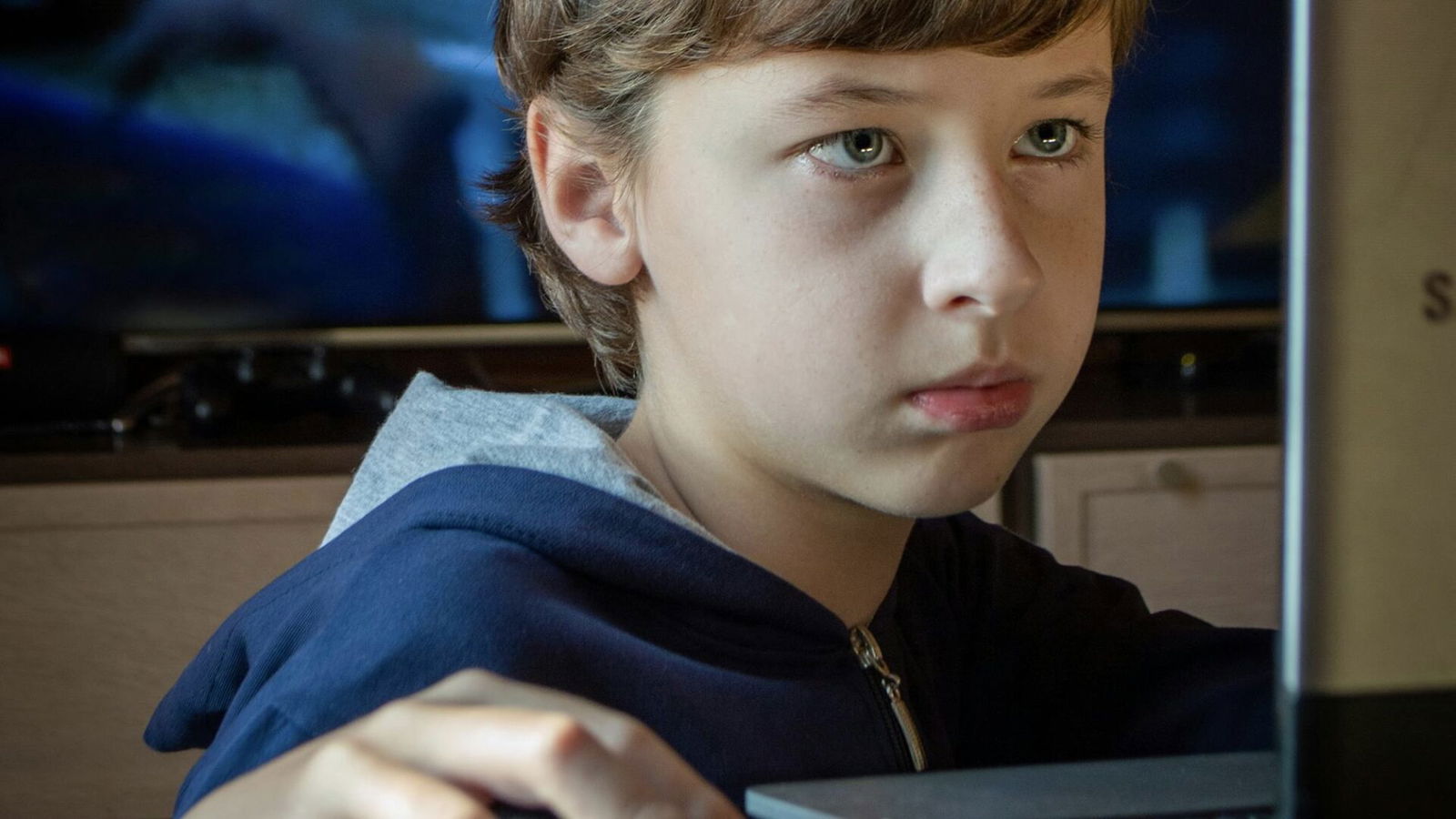
By India McCarty
Editor’s note: The following story discusses suicide. If you or someone you know battles harmful thoughts, please dial 988 for help.
OpenAI has begun rolling out new parental control features following accusations from parents that say its ChatGPT tool led to their children’s suicides.
“Available to all ChatGPT users starting today, parental controls allow parents to link their account with their teen’s account and customize settings for a safe, age-appropriate experience,” a post from OpenAI shared.
Robbie Torney, an AI expert, said, “These parental controls are a good starting point for parents in managing their teen’s ChatGPT use. Parental controls are just one piece of the puzzle when it comes to keeping teens safe online, though — they work best when combined with ongoing conversations about responsible AI use, clear family rules about technology, and active involvement in understanding what their teen is doing online.”
Related: Will OpenAI’s Teen Version of ChatGPT Really Be Any Safer?
“No tech platform is a platform until you have parental controls,” Joanna Stern, a Wall Street Journal writer and NBC correspondent, told NBC. “This is a big step for OpenAI.”
These controls include the creation of “teen accounts,” which block young users from seeing graphic content, viral challenges, sexual, romantic or violent roleplay and extreme beauty ideals, in an effort to “keep their experience age-appropriate.”
Parents can also set “quiet hours” to limit their kid’s time with ChatGPT, as well as turn off the memory feature. This means the chatbot won’t “remember” previous conversations with your child, so they can’t build the sort of relationship with the tech that has led to the deaths of several people, including 16-year-old Adam Raine.
His parents, Matt and Maria Raine, told NBC that their son began using ChatGPT as a replacement for human companionship, having conversations with the bot about his declining mental health. Eventually, the chatbot became his “suicide coach.”
The Raines recently filed a lawsuit accusing OpenAI of causing the wrongful death of their son.
Their lawsuit states, “Despite acknowledging Adam’s suicide attempt and his statement that he would ‘do it one of these days,’ ChatGPT neither terminated the session nor initiated any emergency protocol.”
“He would be here but for ChatGPT. I 100% believe that,” Matt said. “Once I got inside his account, it is a massively more powerful and scary thing than I knew about, but he was using it in ways that I had no idea was possible. I don’t think most parents know the capability of this tool.”
The conversation surrounding AI use and mental health is still ongoing, but OpenAI’s recent addition of parental controls are a step in the right direction in the fight to regulate this technology.
Read Next: New Lawsuit Claims Conversations With ChatGPT Led to Teen’s Suicide
Questions or comments? Please write to us here.


 - Content:
- Content: 
